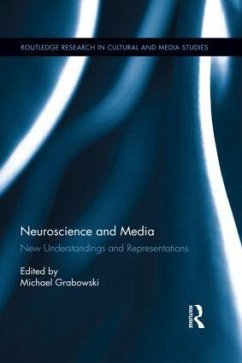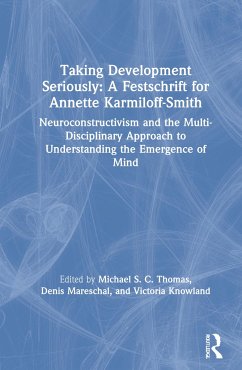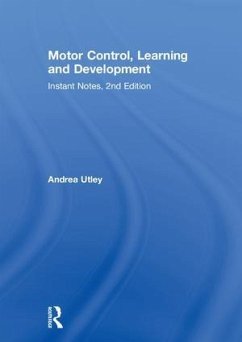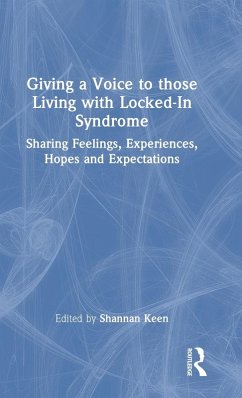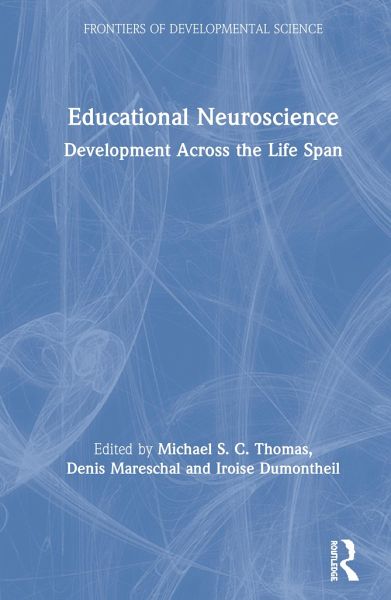
Educational Neuroscience
Development Across the Life Span
Herausgeber: Thomas, Michael S. C.; Dumontheil, Iroise; Mareschal, Denis
Versandkostenfrei!
Versandfertig in 1-2 Wochen
187,99 €
inkl. MwSt.
Weitere Ausgaben:

PAYBACK Punkte
94 °P sammeln!
Thomas, Mareschal, Dumontheil and the team of expert international contributors explore four main themes throughout the book. Specific topics explored include neuropsychological perspectives on socioeconomic disparities in educational achievement, reading difficulties, phonological skills, executive function and emotional development.







